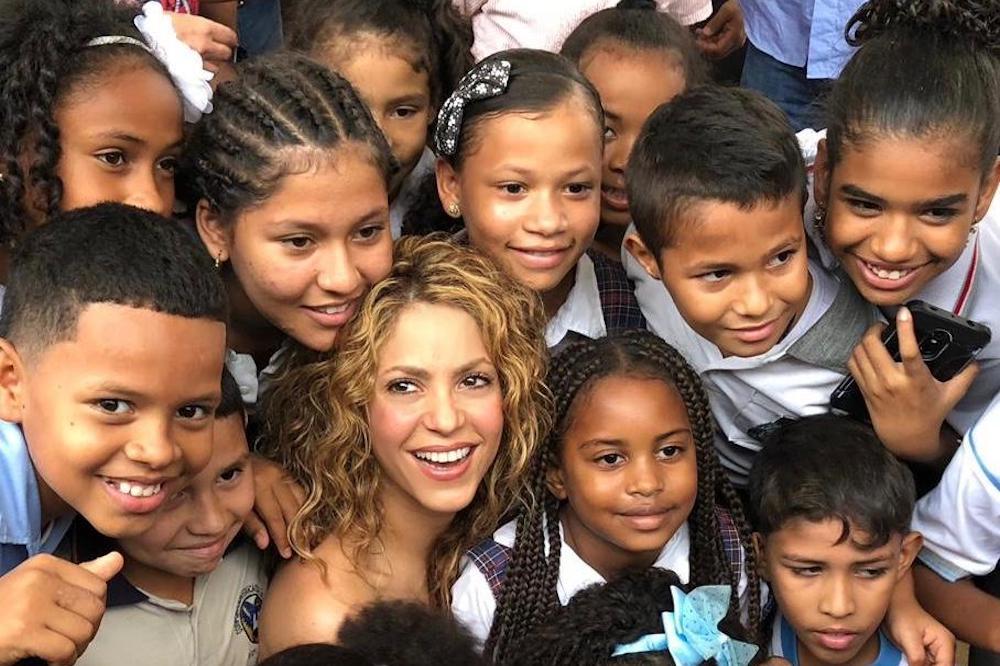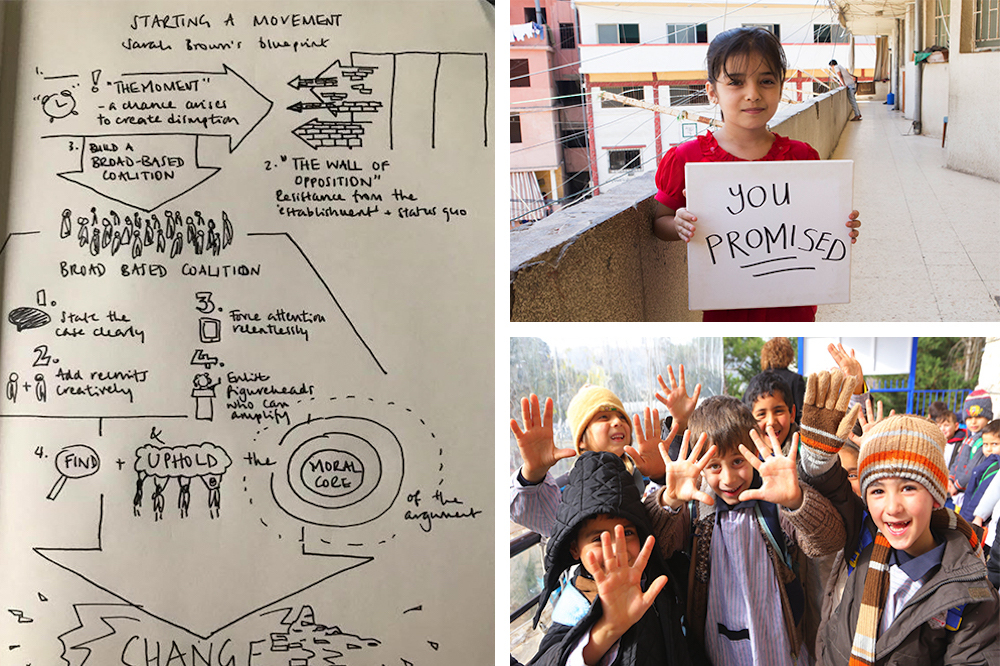We’re #UpForSchool – and how education can help fight Ebola
Up for School or #upforschool campaign
Young people and global leaders are #UpForSchool
We gathered in numerical strength. Young, from diverse backgrounds but with a unifying mission. We raised our voices to call attention of the world to a urgent issue, too often ignored.
Our words and demands were unambiguous: we were rising up for school, demanding action to get every child to school, without danger or discrimination.
It was the #UpForSchool rally which brought together young people from more than 85 countries, concerned about the global emergency in the education sector. Though we gathered in New York with high-level figures such as the United Nations Special Envoy on Global Education Gordon Brown, UN Special Envoy for Youth Ahmad Alhendawi, Graça Machel and others, we were supported by thousands) of other young people across the world, working for quality education in their own communities to increase learning for this and future generations.
Out-of-school numbers are on the rise – Ebola is one part of the cause
With about 58 million children missing out of basic education globally, about 10.5 million of them are in my country of Nigeria. The number may increase, if schools are not safe due to violence or disease. The #UpforSchool Petition launch ironically coincided with an announcement by the Federal Government of Nigeria primary and secondary schooling would resume on October 8 across the country after schools had been closed due to Ebola.
Fortunately, our nation has been successful in the fight against Ebola. We recorded 1921 cases of Ebola nationwide and a mortality rate of about 33%. The proactive response of government and development partners is to credit for this. I observed keenly as Nigerians – irrespective of social class – paid attention to the nitty-gritty of personal hygiene and other necessary information in the prevention and, possibly, cure of the virus. However, I opine that this attention, if equally concentrated on other important issues, including education quality and school safety from violence, would produce positive outcomes, especially as we count down towards 2015.
Health education: an often forgotten tool for controlling Ebola
As young people across Nigeria return to school on October 8, there is the continuous need to make schools safe havens for learning. In spite of the successes recorded in containing and eradicating the Ebola virus, the education system in my country and all other West African countries should be a site for providing information about further prevention of the disease. Training of teachers on the procedural “first aid management” is a favourable step in the right direction.
Beyond training, the Ministry of Education and Health and other stakeholders need to pay attention to the provision of necessary up-to-date resources.
Where are the non-contact thermometers and sanitisers situated in primary and secondary schools across the country? Where are the cartoons, rhymes and songs linking the adverse effect of Ebola and how to prevent it? Where are the teenagers equipped with necessary information to serve as peer educators (building a strong-willed commitment for positive participation)? I ask these questions, hopeful for answers.
It is not enough to serve information. Information, targeted at unique audiences need be issue-based – we want schools to be safe, we demand actions to improve the quality of education and get every child in school. Not even Ebola can stop these.
We are rising #UpForSchool and quality education. Our declaration goes beyond words. It demands spirited actions. Now is the time!
More news

‘A school opens and the world changes’ says education champion Shakira
